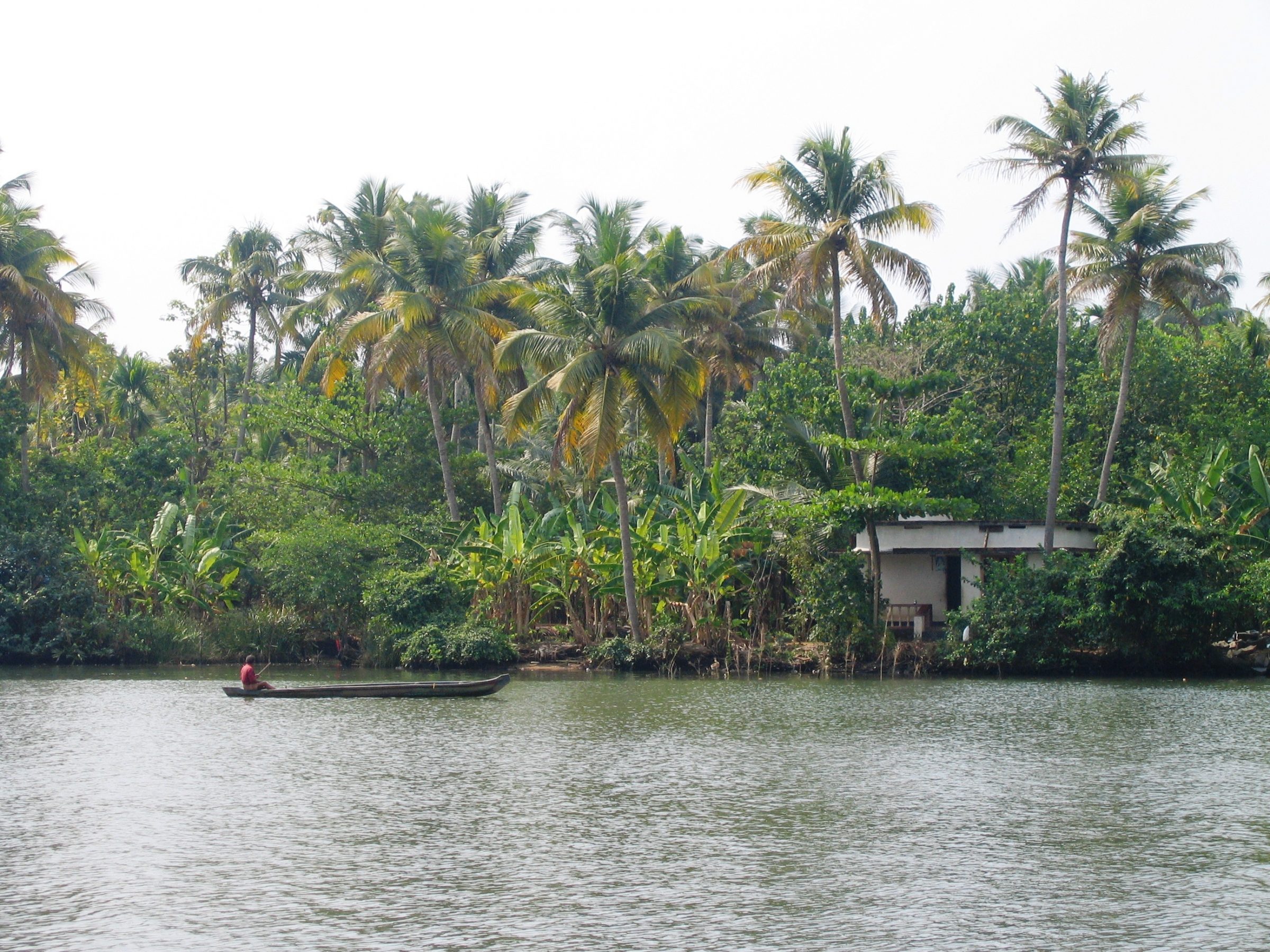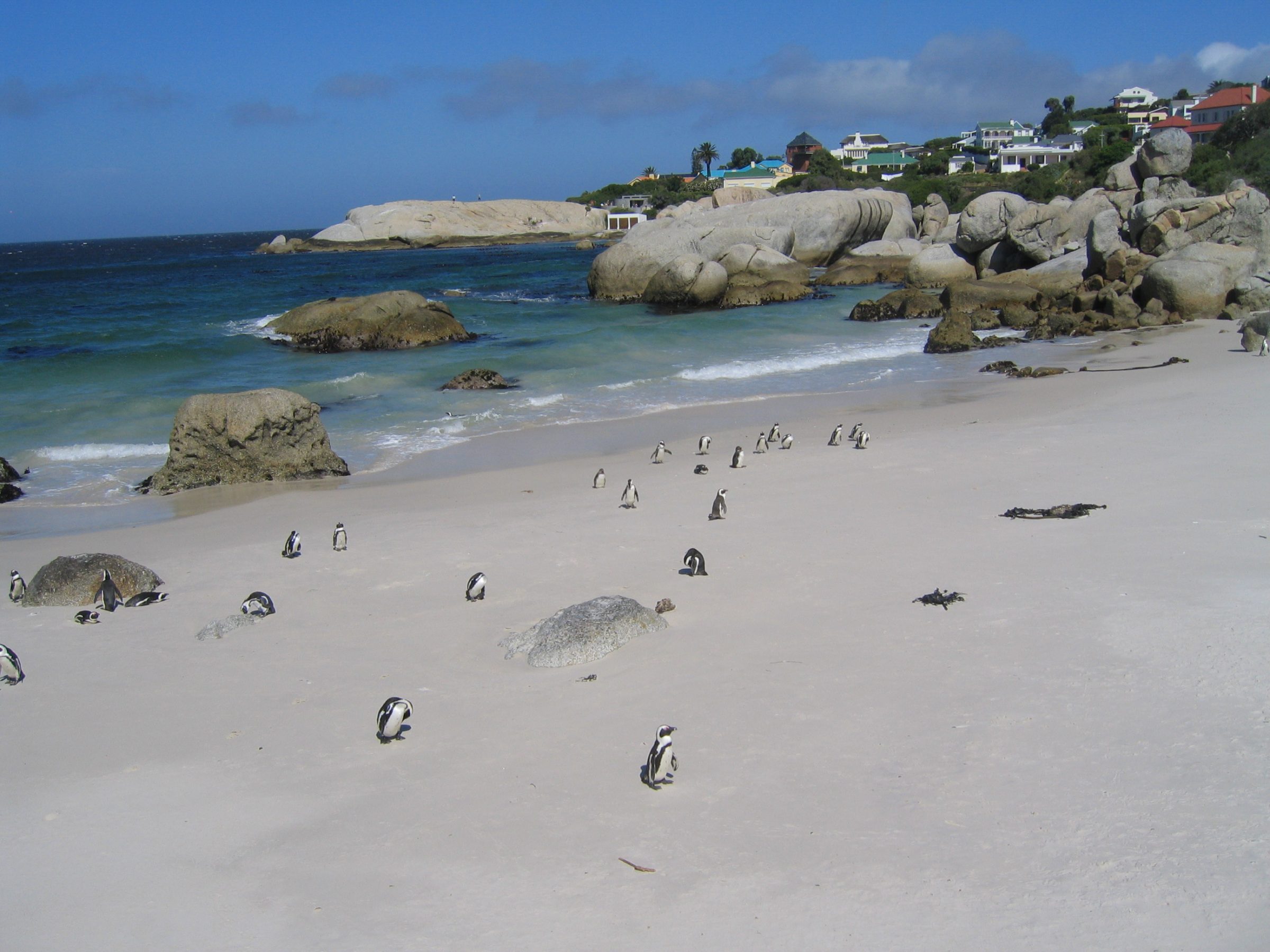
Cautious welcome to climate deal, but urgent action still needed
A Midlands green energy expert has given a cautious welcome to a deal aimed at staving off dangerous climate problems which was agreed at the environment summit in Glasgow on Saturday.
“There were some positives from COP26 with an agreement for a 30 per cent reduction in methane emissions, a pledge to tackle deforestation and the USA and China, the two biggest CO2 emitters, promising to work together to cut global warming in the next decade,” said Ron Fox, of Noreus Ltd.
Having had 30 meetings over the past 10 months, the two super powers said they would team up to try and keep the rise in world temperatures to the 1.5C temperature goal set out in the 2015 Paris Agreement. Also, they agreed that a joint working group from the two countries would meet regularly over the next decade.
Even to meet the Paris target, global emissions need to be reduced by 45 per cent by 2030 and to nearly zero by the middle of the century.
“I was pleased that the Glasgow Climate Pact is the first ever climate deal to plan explicitly to reduce coal, the worst fossil fuel for greenhouse gases, and this was supported by more than 40 countries,” said Ron, on the University of Keele Science and Innovation Park in North Staffordshire.
“But I am very disappointed that a commitment to “phase out” coal included in earlier negotiation drafts was watered down to read as to “phase down” coal in the final agreement after pressure from India and China.
Coal is responsible for about 40 per cent of annual CO2 emissions, making it key to keeping temperatures to within the 1.5C targeted increase.
But India’s climate minister Bhupender Yadav asked how developing countries could promise to phase out coal and fossil fuel subsidies when they still had to deal with their development agendas and with eradicating poverty.
The deal asked countries to re-publish their climate action plans by the end of next year, including more ambitious emission cuts for 2030. The agreement also promised more money for developing countries to help them adapt to climate changes and called for developed countries to give more to those already suffering the effects of climate change.
Ron added: “To put the results of Cop26 into context, scientists say we need to halve global emissions by 2030 to keep the increase of world temperatures to 1.5C and we are probably only 20 or 25 per cent way to that target.
“The current pledges, if fulfilled, would limit global warming to only about 2.4C and if nothing was done it could exceed 4C in the future.”
This would mean millions more people being exposed to extreme heat, more serious flooding and sea levels could rise by a metre.
“There is a new hope now after Glasgow,” concluded Ron, “but a lot more work needs to be done soon as a matter of urgency.”
To find out more about how to play your part in cutting global warming and moving over to green energy call Ron on 01782 756995.
Caption: Blowing in a new era – wind turbines and green energy will play an even greater role after last weekend’s COP26 environment summit in Glasgow.




